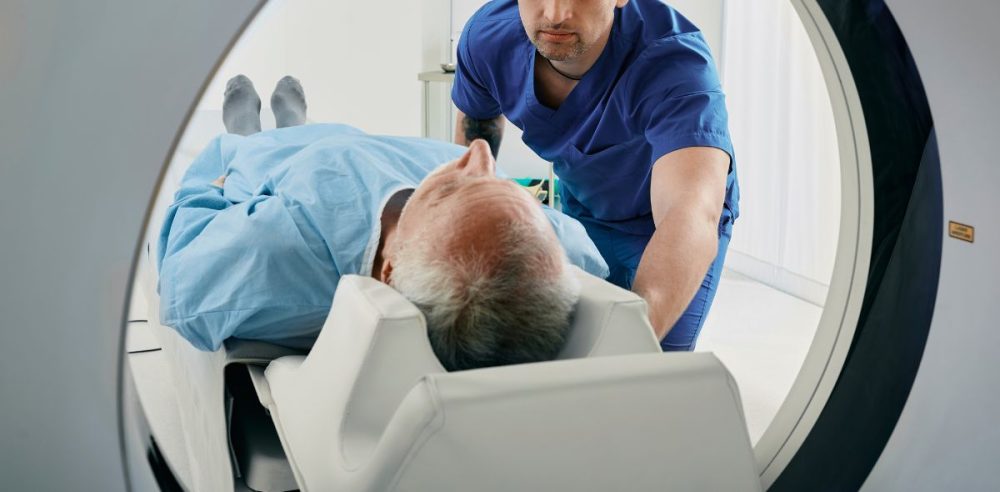Recent reports have raised concerns over the potential health risks of CT scans, a widely used medical imaging technique.
While CT scans are critical for diagnosing a range of conditions, experts warn that the high doses of radiation they emit may contribute to cancer development.
“No one intentionally harms their patients; they just haven’t been paying attention to radiation dose,” said Dr. Rebecca Smith-Bindman, a professor at the University of California-San Francisco medical school.
She worked with the Centers for Medicare & Medicaid Services (CMS) to develop research solutions to better measure and assess the effects of CT scans.
Around 93 million CT scans are performed annually in the United States.
Researchers estimate that exposure to ionizing radiation from these scans could be responsible for 36,000 cancer cases each year. The concern is amplified by radiation doses varying significantly between different CT machines, sometimes exceeding necessary amounts.
Ionizing radiation is known to damage DNA molecules, potentially leading to mutations and cancer. Patients who undergo multiple scans, particularly children, face an even greater risk. The report also highlights that some medical facilities may not adequately track or regulate radiation levels.
In response to these growing concerns, new Medicare regulations have been introduced to improve patient safety.
These rules will require detailed reporting on radiation levels over the next three years, along with stricter oversight of CT scan doses and quality assessments.
While CT scans remain a vital diagnostic tool, medical experts urge caution, particularly for non-urgent cases.


